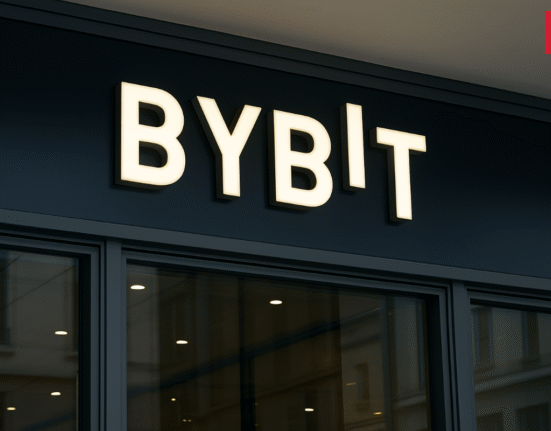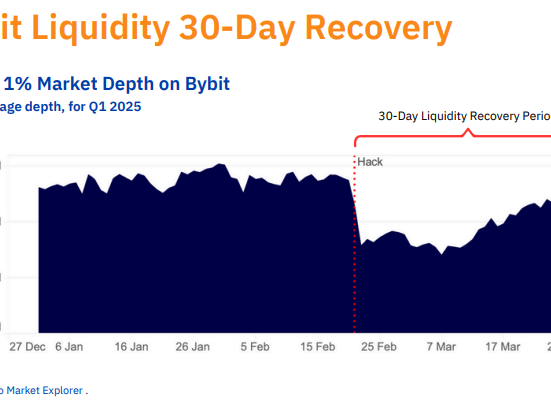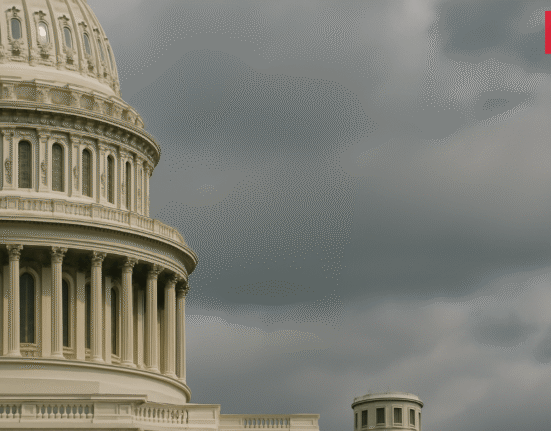- Florida’s Bitcoin treasury bills were withdrawn without a floor vote.
- North Carolina advances bill allowing 5% investment in approved digital assets.
In an unexpected turn of events, Florida’s plan to integrate Bitcoin [BTC] into its state treasury has quietly come to an end.
Two companion bills- HB 487 and SB 550 — that proposed allocating up to 10% of certain public funds into Bitcoin were officially withdrawn as the legislative session wrapped up on the 3rd of May.
Without ever reaching a floor vote, both measures were indefinitely postponed, marking a subdued halt to what could have been a landmark shift in state-level crypto adoption.
Remarking on the same, Bitcoin Laws, a bitcoin legislation researcher, took to X (formerly Twitter) and noted,
“The legislature adjourned its 2025 session on May 2, without passage of the bills.”
Growing lists of U.S. states dropping the Bitcoin Reserve plan
Florida now joins a growing list of U.S. states where crypto reserve bills have failed to gain support. These states include Wyoming, South Dakota, North Dakota, Pennsylvania, Montana, and Oklahoma.
This wave of legislative rejections persists despite speculative momentum surrounding federal-level adoption.
Polymarket data shows a 0% probability that Donald Trump will establish a national Bitcoin reserve within his first hundred days. This remains unchanged despite his executive order suggesting such intent.
In contrast, forecasts for a U.S. Bitcoin reserve materializing sometime in 2025 remain optimistic, with a 59% probability hinting at renewed federal interest.
This coincided with Arizona briefly leading the state-level charge before Governor Katie Hobbs vetoed House Bill 1025 on the 3rd of May, citing the “untested” nature of digital assets.
Expressing on the same, Hobbs had noted,
“Retirement funds are not the place to experiment with untested assets.”
Needless to say, the bill would have allowed Arizona to convert seized assets into Bitcoin and manage them as a strategic reserve, making it one of the most advanced efforts of its kind before its abrupt halt.
Not all states are flocking together
However, while several states have stepped back from crypto reserve ambitions, North Carolina is charting a different course.
In a major development, North Carolina’s House of Representatives has passed the “Digital Assets Investment Act” (HB92) by a 71–44 vote.
If enacted, the bill will allow the state treasurer to invest up to 5% of certain funds in vetted digital assets. These assets must meet strict custody and compliance requirements to qualify.
This positions North Carolina as a potential leader in government-backed crypto investments. While some states reject similar policies, North Carolina’s approach suggests new opportunities may be emerging in state-level digital asset regulation.








